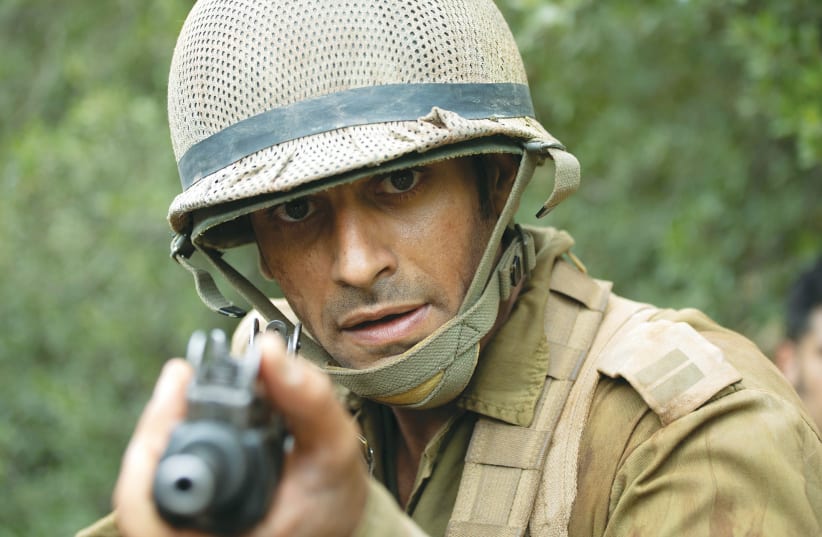War stories told in coronavirus shadow captivate captive Israeli audience
Suddenly, as the coronavirus pandemic casts a long shadow over Israeli life, it seems Israelis want to look back at the country’s two most devastating wars in terms of loss of life.
